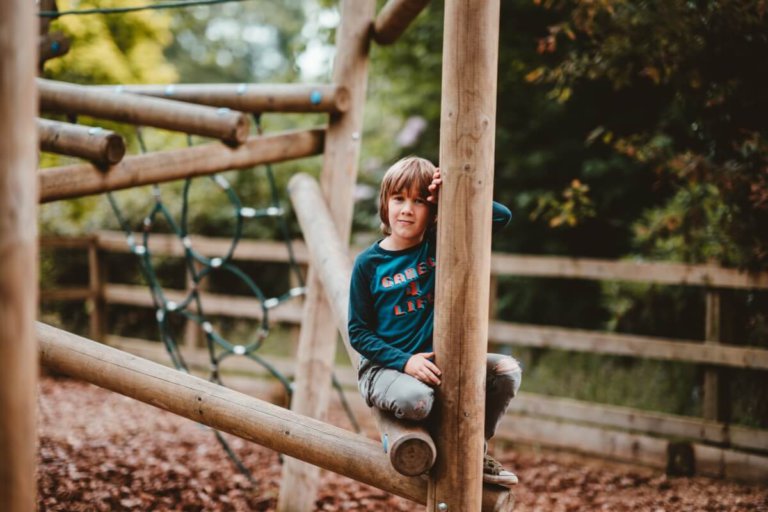
At the ring of the school bell, many students are desperate to rush through the classroom doors to play in sandpits and swing on climbing frames.
Whether they love the freedom to do what they want during recess or the time they get to de-stress from a busy lesson, playtimes at schools are often paired with excitement and engagement.
For teachers, playtimes help establish stronger bonds between students at school and grant them a quick break to set up another lesson.
Citing the benefits of playtime, a study conducted by a University of British Columbia (UBC) Professor in the Department of Psychiatry and Canada Research Chair in Developmental Cognitive Neuroscience, Dr. Adele Diamond, discovered that more play, hands-on learning and altruistic behaviour in kindergarten improves academic outcomes, self-control and attention regulation.
“Before children have the ability to sit for long periods absorbing information the way it is traditionally presented in school through lectures, they need to be allowed to be active and encouraged to learn by doing.
“Executive functioning skills are necessary for learning, and are often more strongly associated with school readiness than intelligence quotient (IQ). This trial is the first to show benefits of a curriculum emphasising social play to executive functioning in a real-world setting,” says Diamond.
Demonstrating the effectiveness of playtimes and the learning by doing approach, the study emphasises that this sort of kindergarten curriculum also enhanced children’s joy in learning and teachers’ enjoyment of teaching, also reducing bullying, peer ostracism and teacher burnout.
But why are some schools attempting to structure these key moments of play?

How are social-emotional skills integrated into playgrounds? Source: Bambi Corro/Unsplash
In Chicago, Illinois, Eliza Chappell Elementary School is trying to direct what students get up to during their recess time with the help of plans from the non-profit organisation, Playworks.
Typically, playtimes in schools are designed by students. They choose where they want to play, what games they want to participate in and whether they feel like socialising during the break.
But when a school enlists a full-time Playworks coach, the break consists of games that build up students’ social-emotional skills and leadership capabilities.
Founded in 1995 to help schools in the San Francisco Bay Area rethink recess, Eliza Chappell is just one of many school playgrounds that the nonprofit has nurtured.
In addition to playtimes, students participate in a structured activity known as Class Game Time once a week.
Outlined by Eliza Chappell’s full-time Playworks coach, Stephanie Ovitt, this is a time for students to enjoy new games that expand their active listening skills and social-emotional skills.
“We reassure them: ‘It’s OK if you make a mistake. It’s okay to be tagged. That’s part of the game. You will have lots of opportunities to play. The goal is to build up students’ resilience so they understand they don’t always have to win – and they don’t always have to be right,” says Ovitt.
But with structured lessons and structured breaks, there may be doubt in the way in which Playworks disrupts a learner’s playtime rituals.
For instance, with a heavy fixation on social-emotional skills development or leadership development, students may feel wiped out at the end of the school day by having to focus on daily team activities and personal improvement.
And despite the advantages of structured play, it may be better for some learners to experience structured tasks within lesson plans rather than their free time in the playground.
Read how @MNCPPC used the book, The Wonderful Wizard of Oz, as inspiration to create a play space that promotes literacy. https://t.co/0GfJ2VNPia #shapedbyplay pic.twitter.com/5LclPLbCuN
— Landscape Structures (@PlayLSI) November 26, 2019
Liked this? Then you’ll love…
Here’s why more schools should explore sensory paths
Most and least expensive cities in the world for international schools







